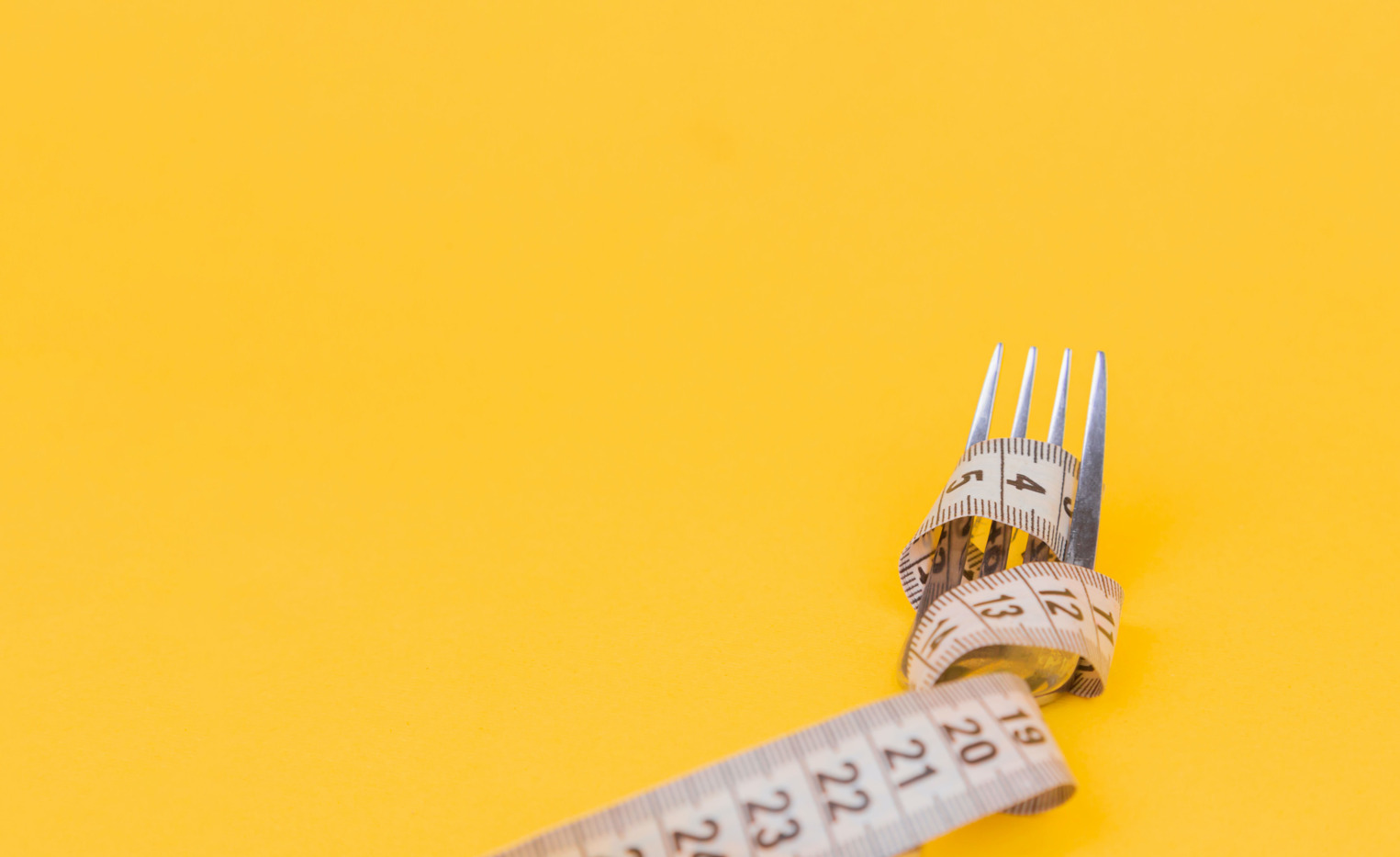The New Year is upon us, and for many, this means making new resolutions. Did you know that about 45% of people who set resolutions center their goals around weight loss or getting healthier? Although there is no problem with wanting to lead a healthier lifestyle, this resolution leads many people to take up dieting and weight tracking, desperately hoping to see that number decrease on the scale. What if you were told that getting healthy doesn’t need to involve diets, restriction, and weight tracking? In fact, studies show that dieting can negatively impact your health and there are better solutions to meet your goals.
WHY DIETS DON’T WORK
Over decades of extensive dieting research, long term weight loss and maintenance following a restrictive diet has rarely been demonstrated. Although diets have great short-term results, many studies analyzing dieting end their trials within 3,6 or 12 months and fail to state whether the participants continued losing or gaining weight after the trial period ended. The truth is, since diets aim at restricting, we just can’t seem to follow them over the long term. Simply put, humans don’t like restriction, so it’s not intuitive to make it central to your goals!
WHY RAPID WEIGHT LOSS PUTS YOU AT RISK OF WEIGHT GAIN
When following a restrictive diet, there is often a very rapid weight loss which is often accompanied by constant hunger. When this hunger signal lasts for a prolonged time, the body thinks it is going in starvation mode. At this point, the body will want to do just about anything to ensure it does not keep losing weight. The body has several mechanisms that allow it to avoid further weight loss. In periods of “starvation”, followed by eventual lapses in eating, hormones are produced in order to increase the efficiency of energy storage. Ghrelin, the hormone that makes you feel hungry, shoots up whereas leptin, which dictates how full you feel, drops. To make matters worse, your body will start releasing cortisol to optimize energy storage. (Sumithran and Proietto, Clin Sci 2013). This hormonal cocktail has one goal: retain as much energy and fat as possible in case the body goes into starvation mode again. This is just what the body is programmed to do, and for good reasons!
For many people, weight loss needs to be rapid, because humans crave fast results. However, as you now know, our body is programmed to fight exactly that. With this in mind, it is actually healthier to focus on maintaining your current weight, instead of trying to intentionally lose weight. In fact, maintaining and accepting your current weight is associated with better physical, psychological, and behavioral outcomes (Tylka et al., 2014).
HOW IGNORING HUNGER CUES CAN LEAD TO SELF-SABOTAGE
At this point we have explored why intentional weight loss makes it difficult to reach your goals. But there’s more; this behavior can often lead to self-sabotaging tendencies. In fact, given that the body is desperately hungry, the brain will obsessively start thinking about food. Have you ever been so hungry that you find yourself browsing pictures of food on the internet, just thinking about how good it would taste in that moment? The longer this lasts, the more you are setting yourself up for relapse. Eventually, hunger and cravings will take over and the consumption of large portions of calorie dense foods will be very difficult to avoid. These relapses are extremely devastating, as they lead to feelings of failure, low self-esteem and possibly the beginning of a very vicious weight cycling pattern.
OUR RECOMMENDATIONS FOR A HAPPIER AND HEALTHIER YOU
Our suggestion is simple. Step away from the scale, balance your diet in a way that will avoid food cravings, do not restrict yourself and get moving!
With the help of a dietitian, you can feel healthy without praying for a lower weight on the scale or attempting to restrict. Our job is to help you in your journey of health and wellness in the best possible way that will result in your most amazing self, whatever that may be!



